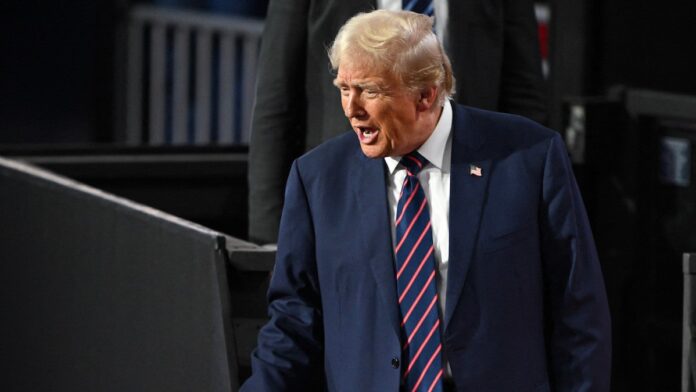Key Falsehoods or Claims: In the article, Donald Trump uses his visit to North Carolina to once again push conspiracy theories about the 2020 election being stolen from him and the handling of hurricane relief funds. He falsely claims that the election was rigged and that the relief money for hurricane victims was misappropriated.
Source: The Guardian is a neutral outlet known for its balanced reporting and fact-checking. The information provided in the article is based on factual reporting and analysis.
Analysis of Impact: These falsehoods have continued to shape opinions among Trump’s supporters, as polling data shows a significant portion of Republican voters still believe the election was stolen. This perpetuation of lies about the election poses a significant threat to our democracy, as it undermines trust in the electoral process and fuels division and polarization within the country.
Hypothetical Public Reactions: Trump’s repetition of these conspiracy theories may further entrench his base and potentially influence voter behavior in future elections. It could also lead to continued support for voter suppression efforts and efforts to undermine the integrity of the electoral process.
Further Reading: For further reading on the impact of lies and conspiracy theories on public opinion and democracy, reputable sources include studies from the Pew Research Center, the RAND Corporation, and the Harvard Kennedy School’s Shorenstein Center on Media, Politics, and Public Policy. These sources provide in-depth analysis of media influence and misinformation studies.
Source link
Redirect URL
